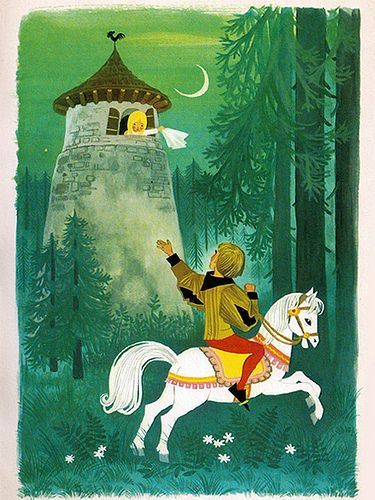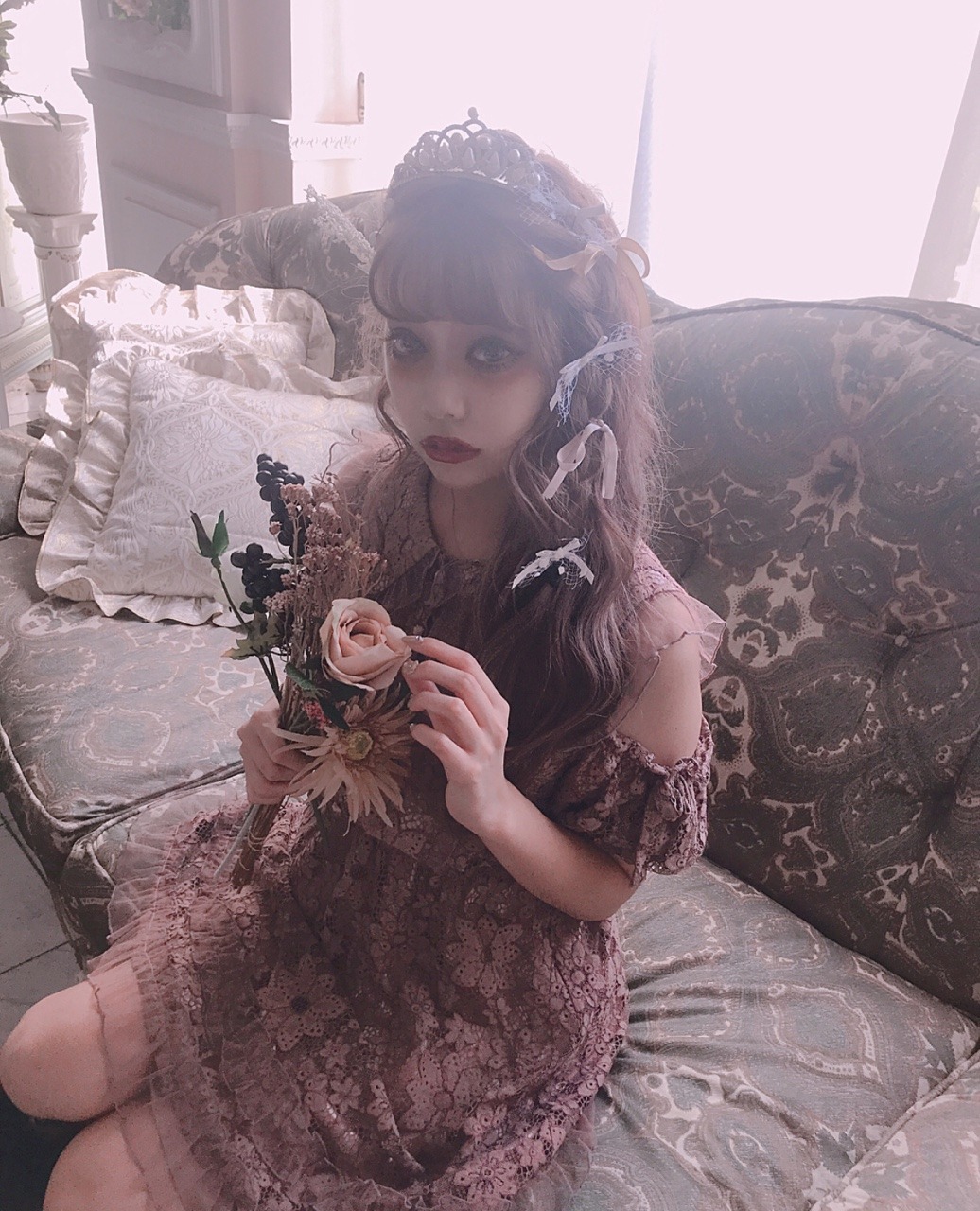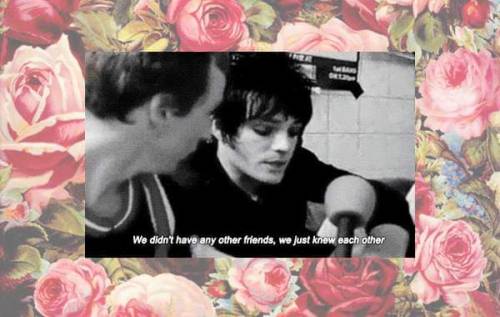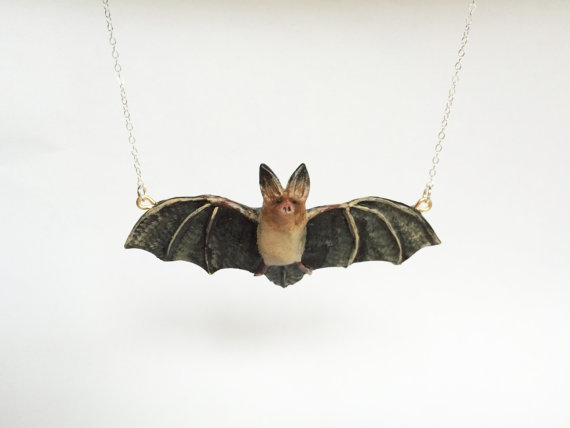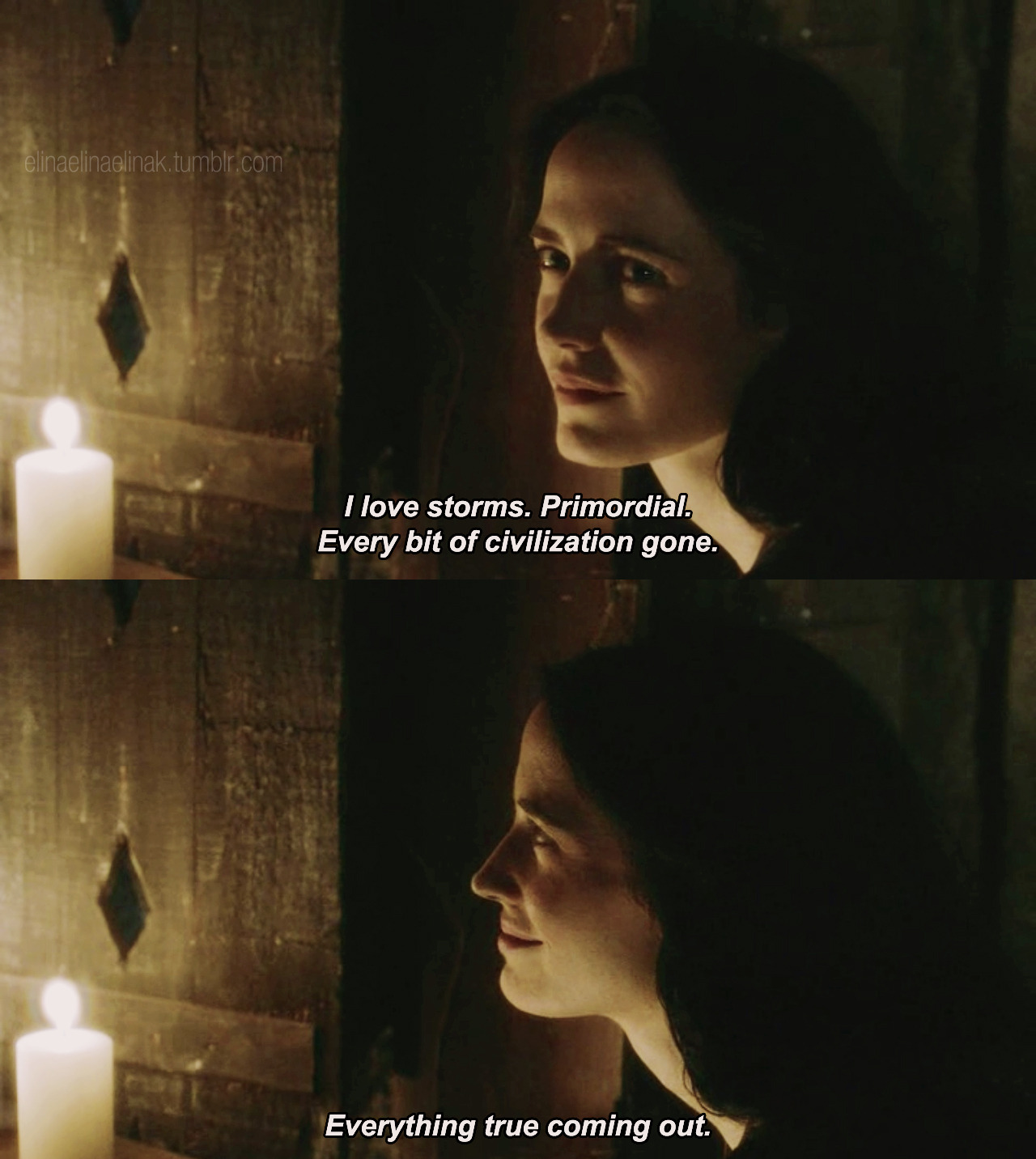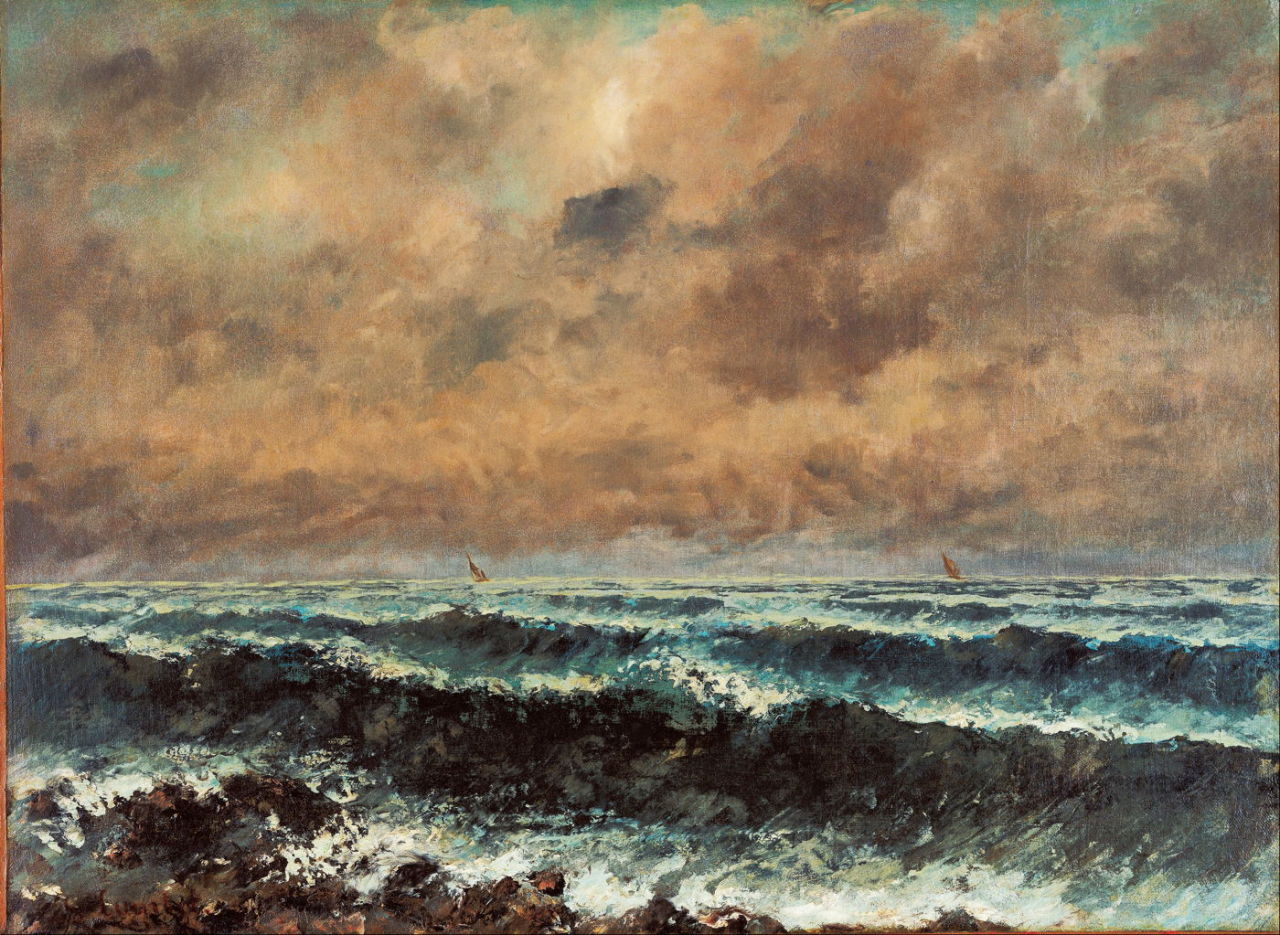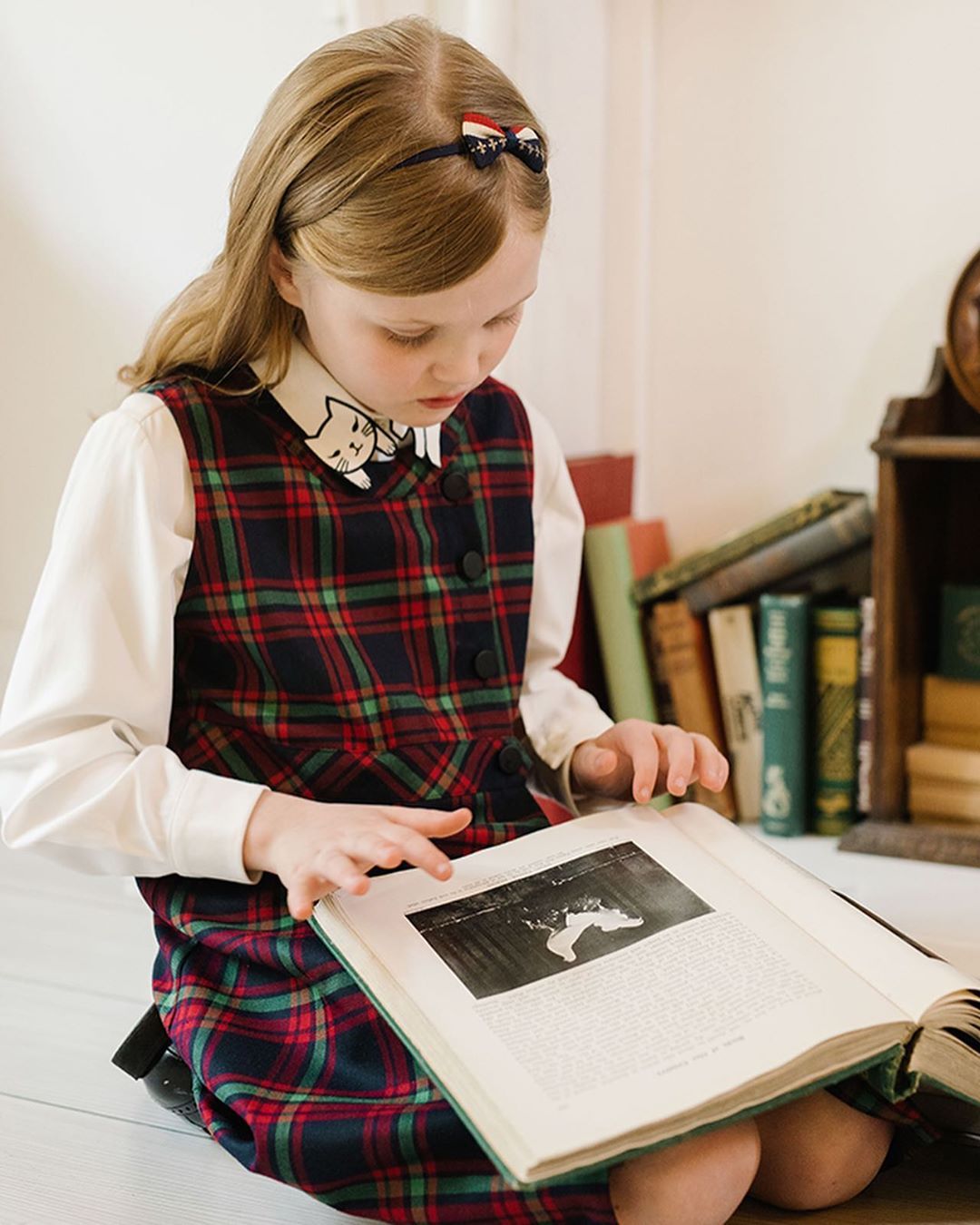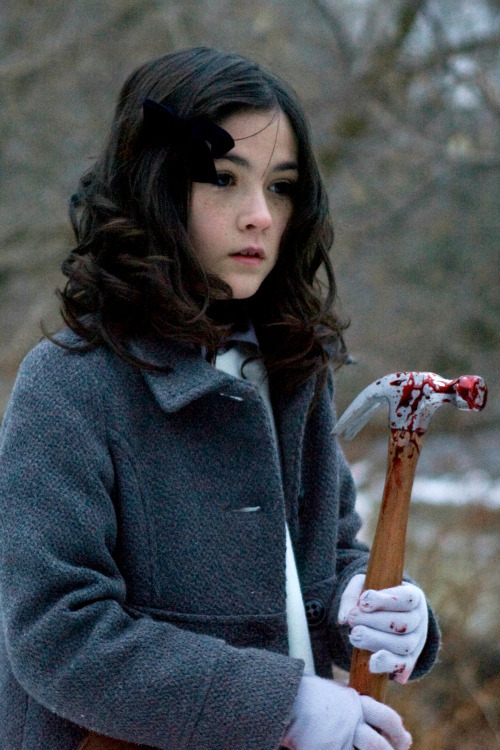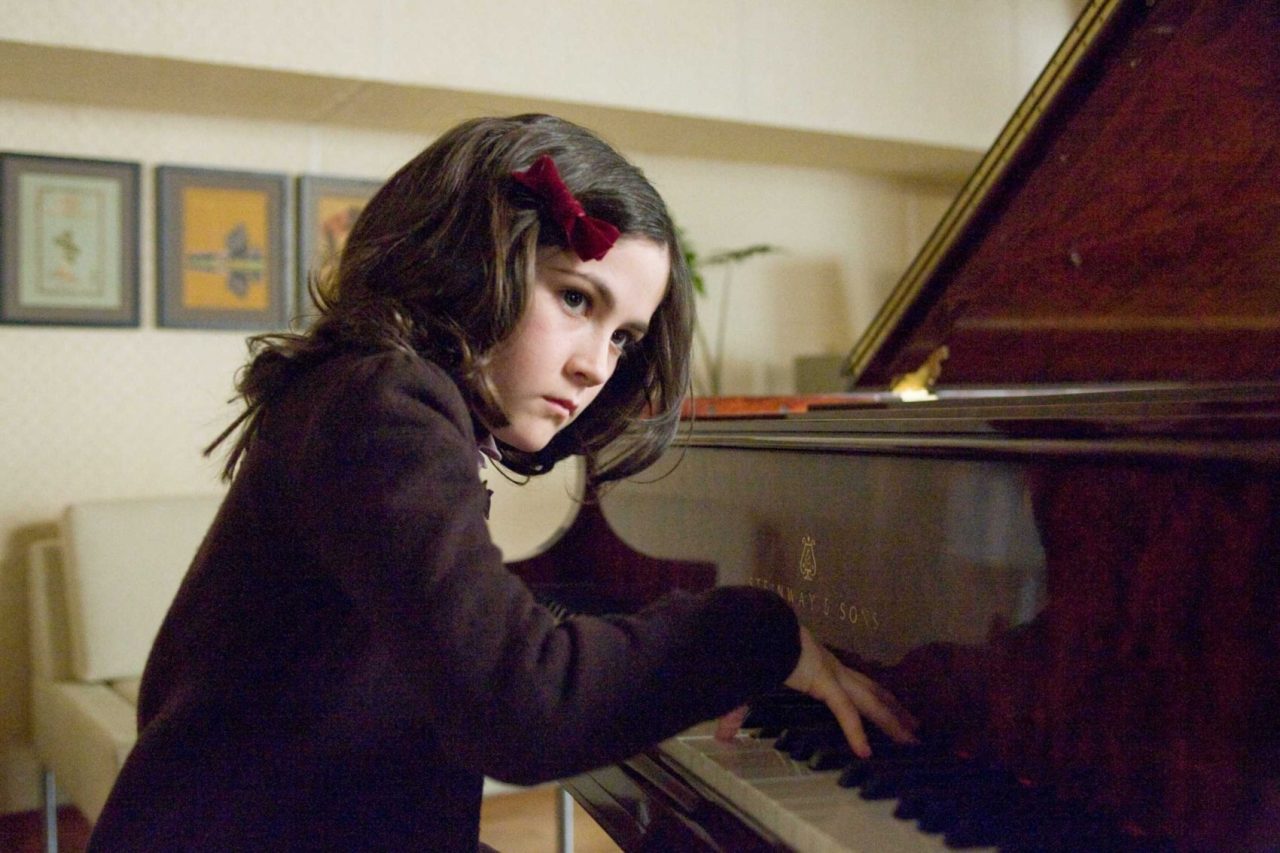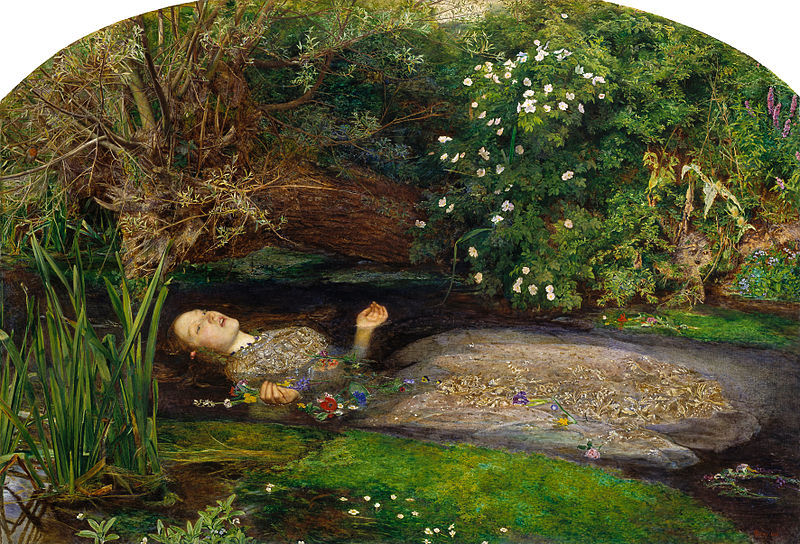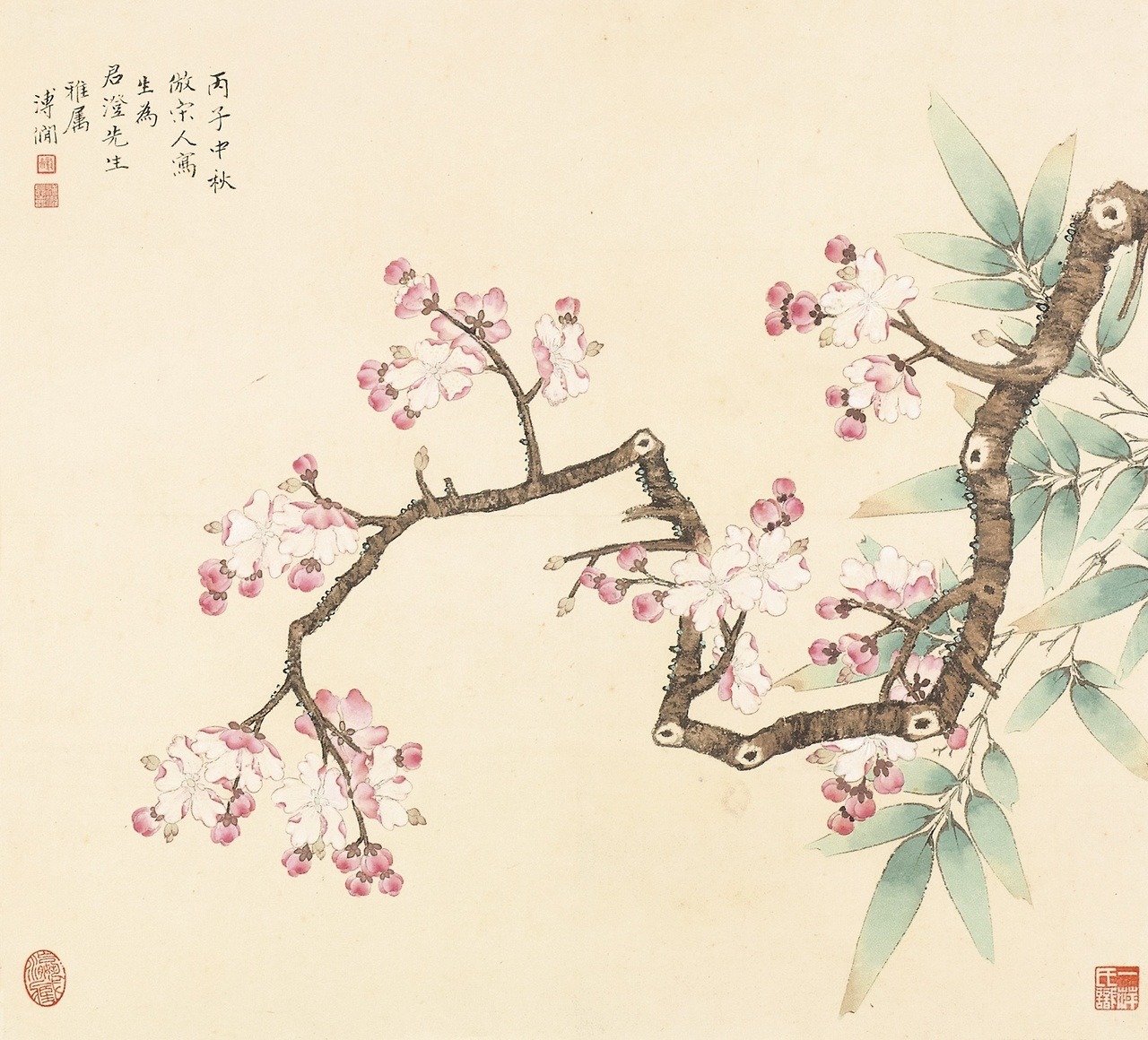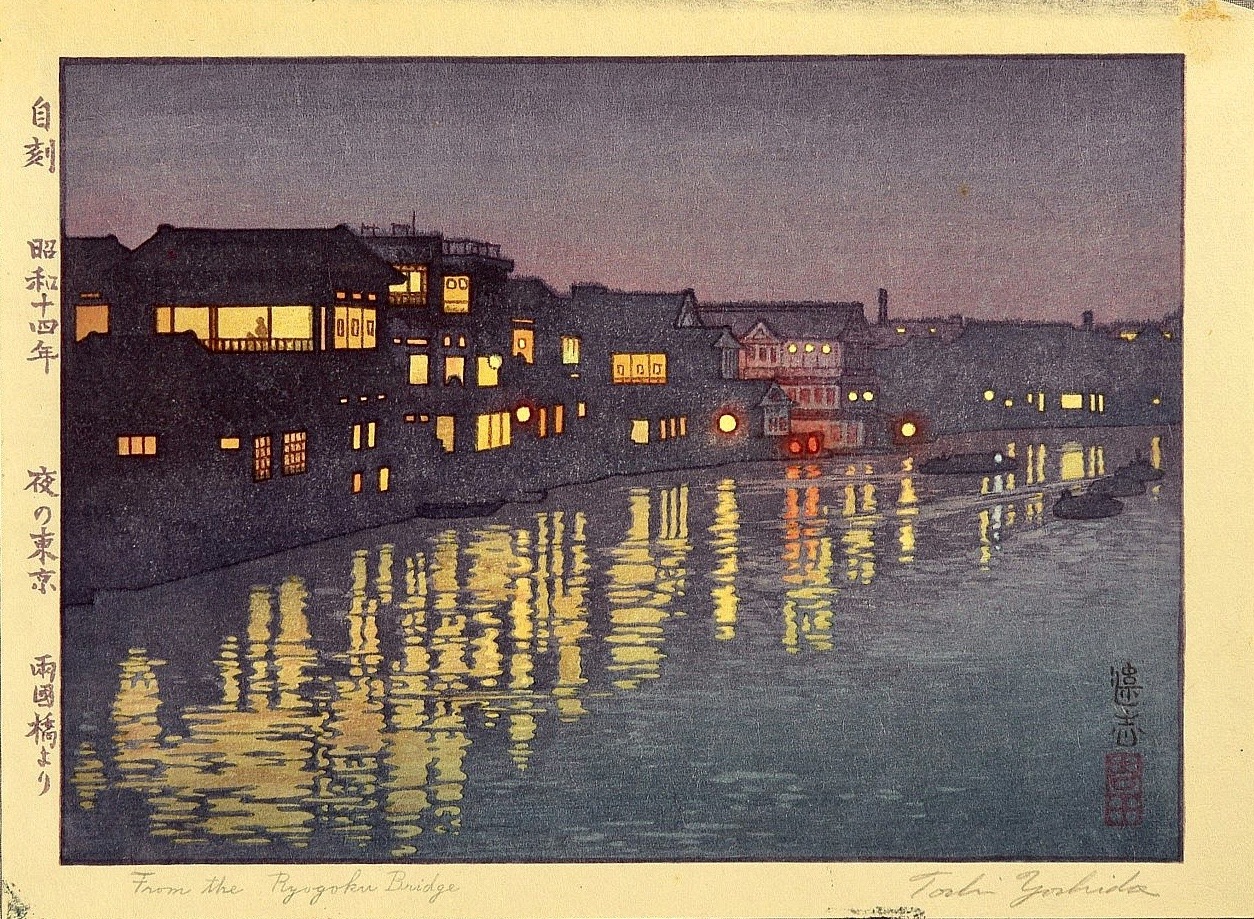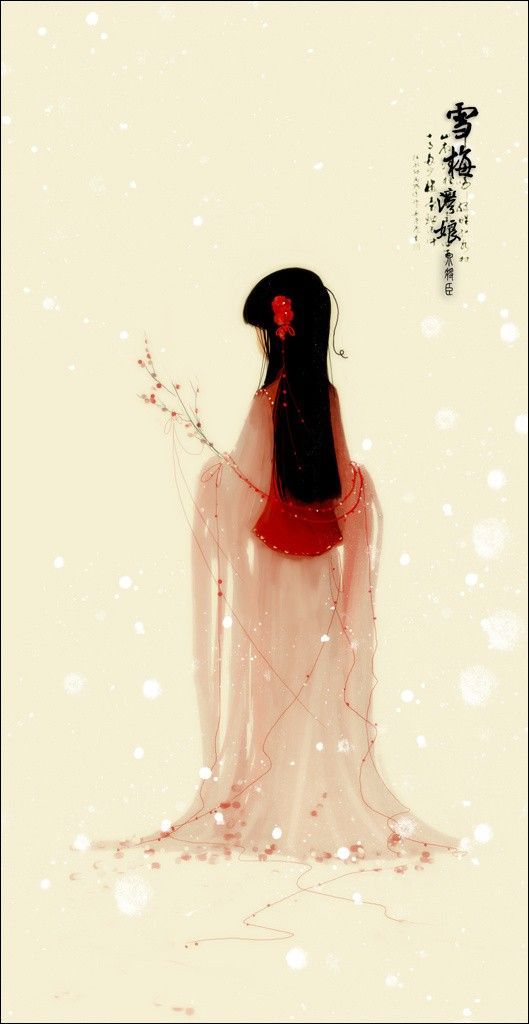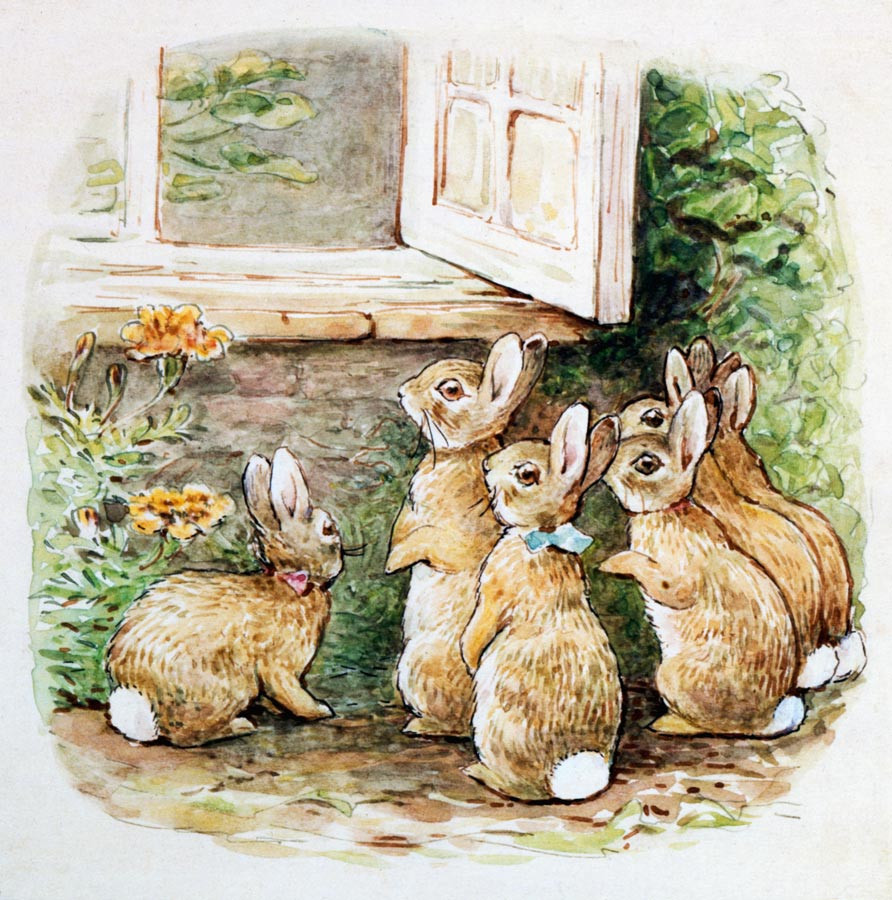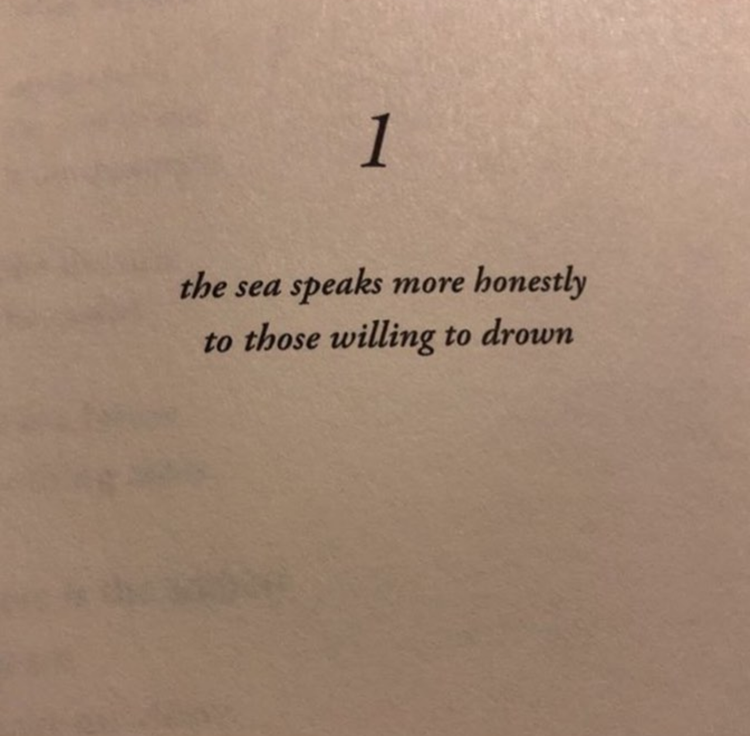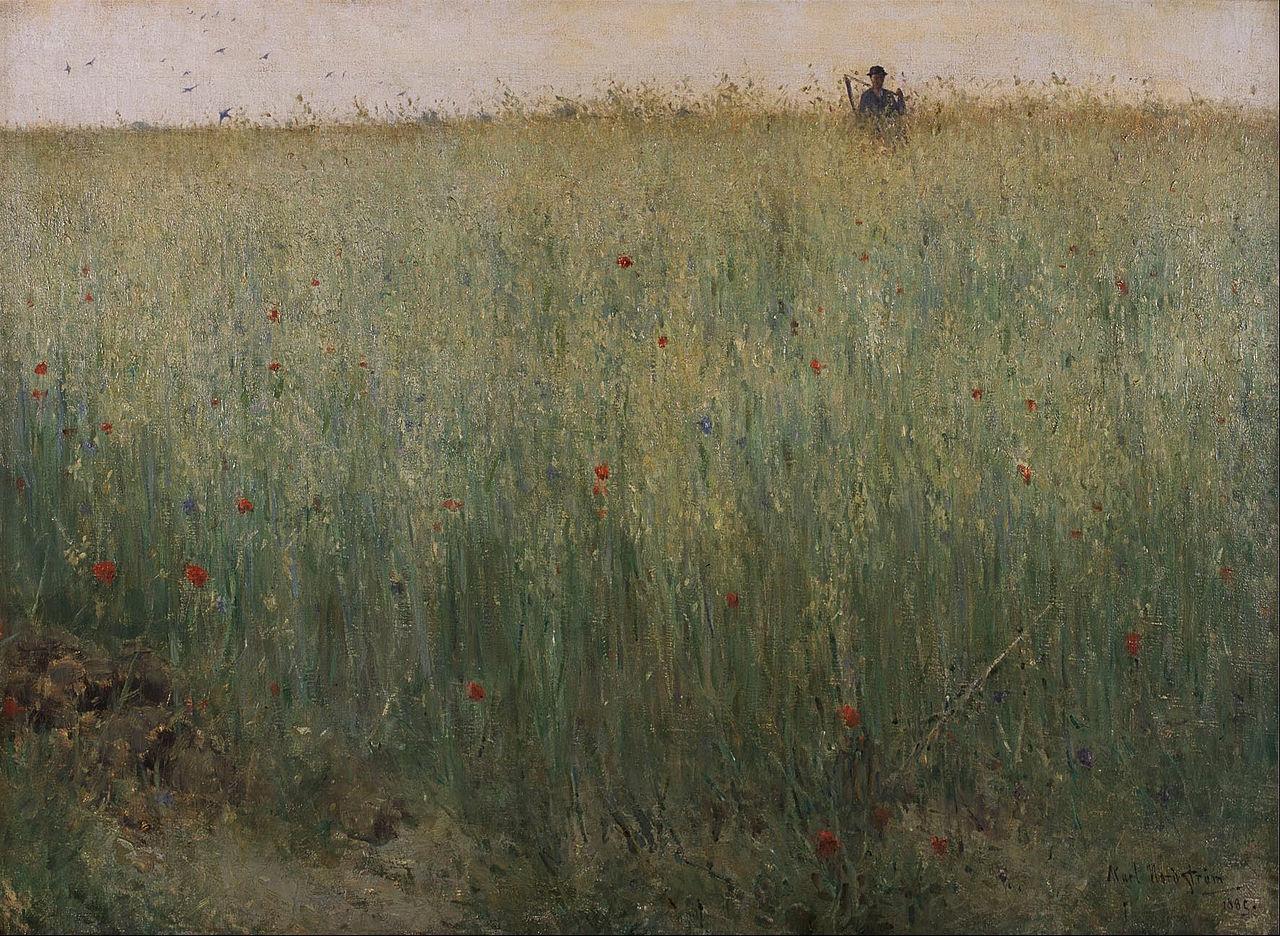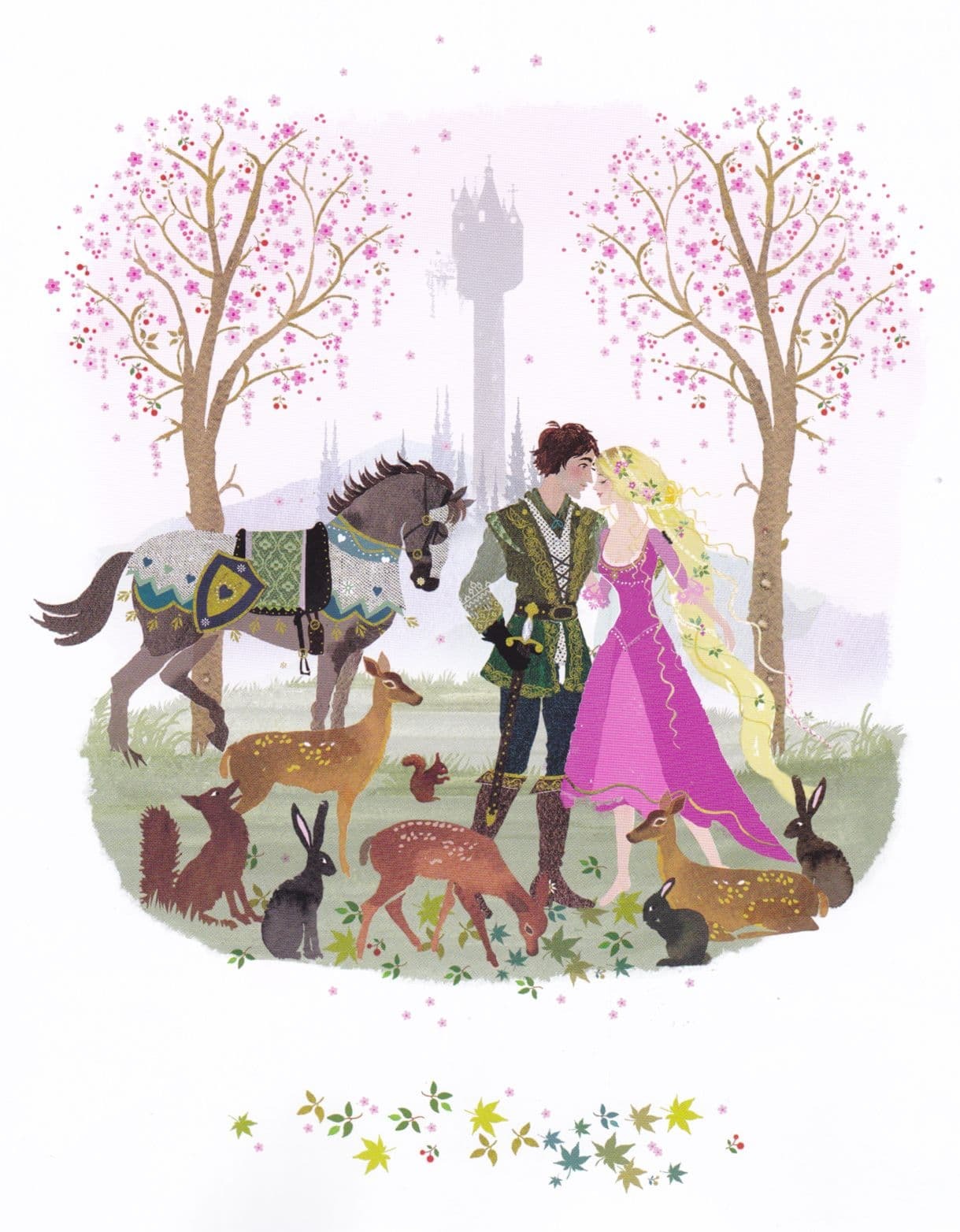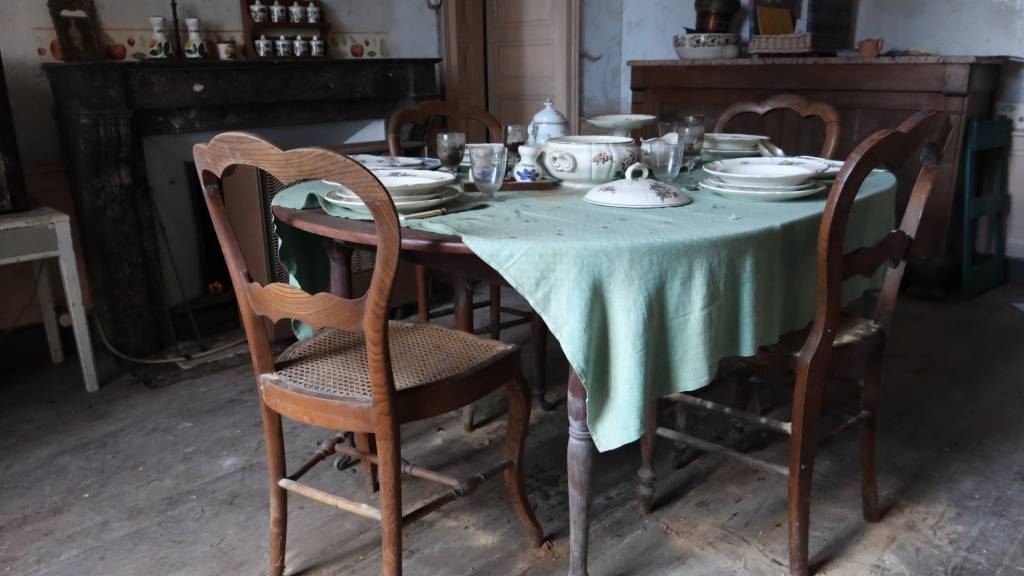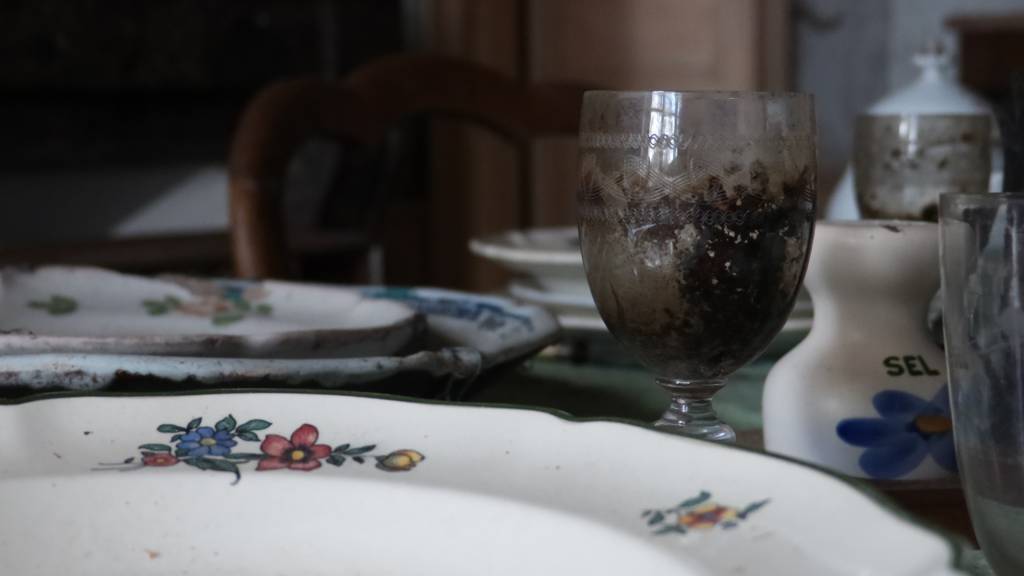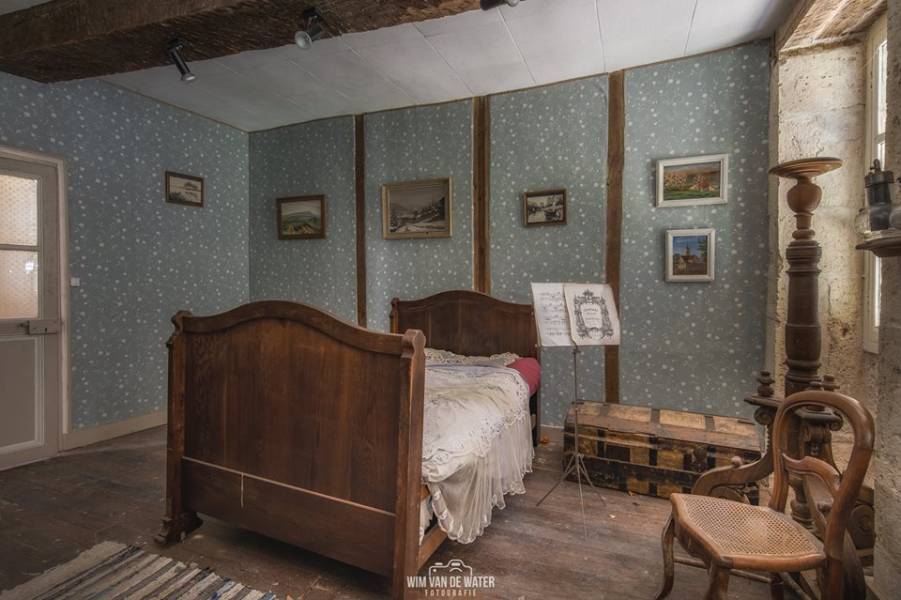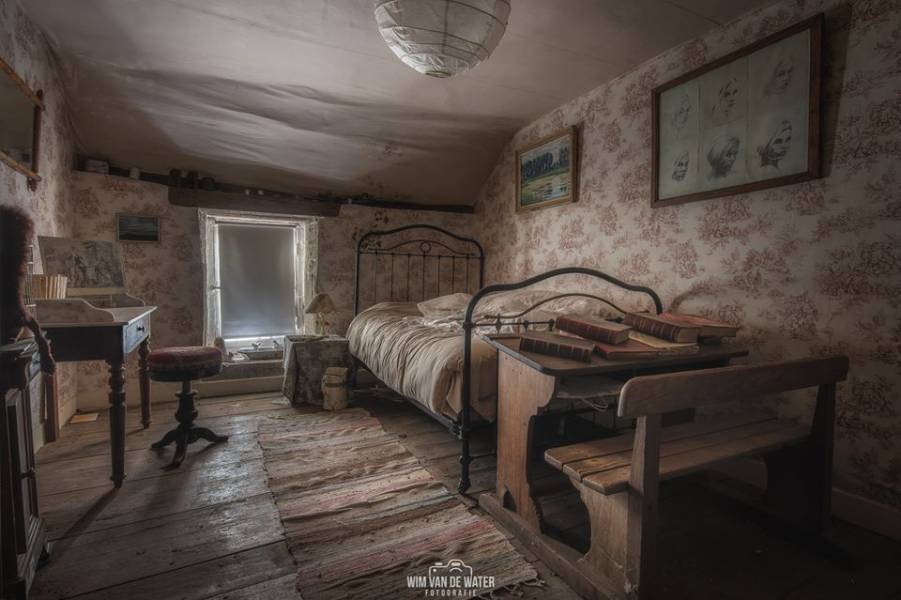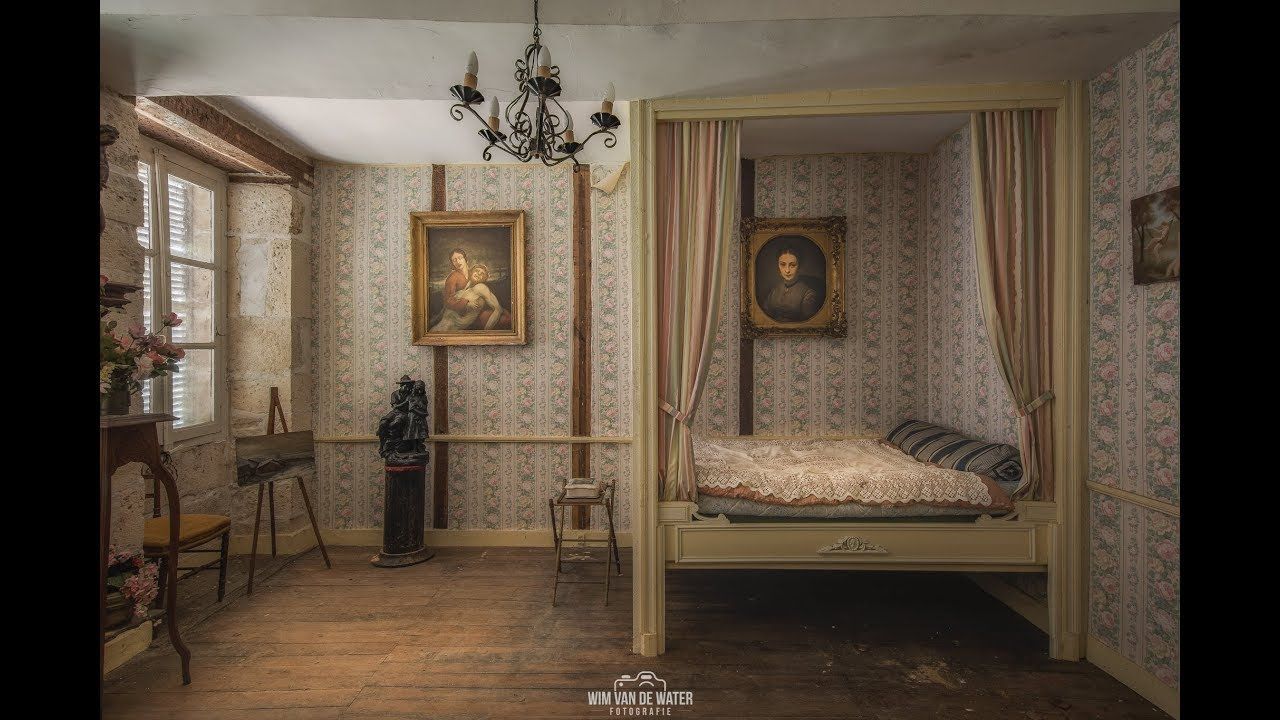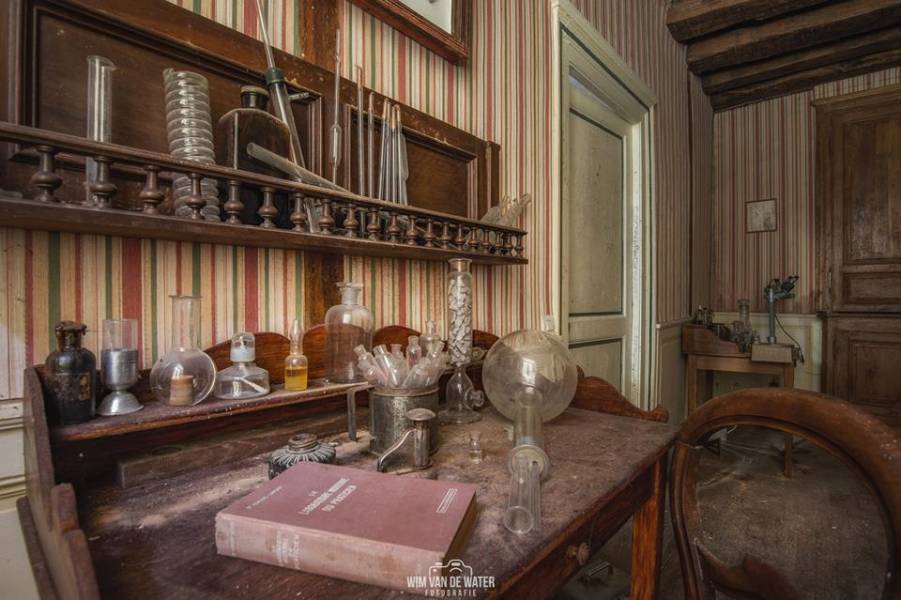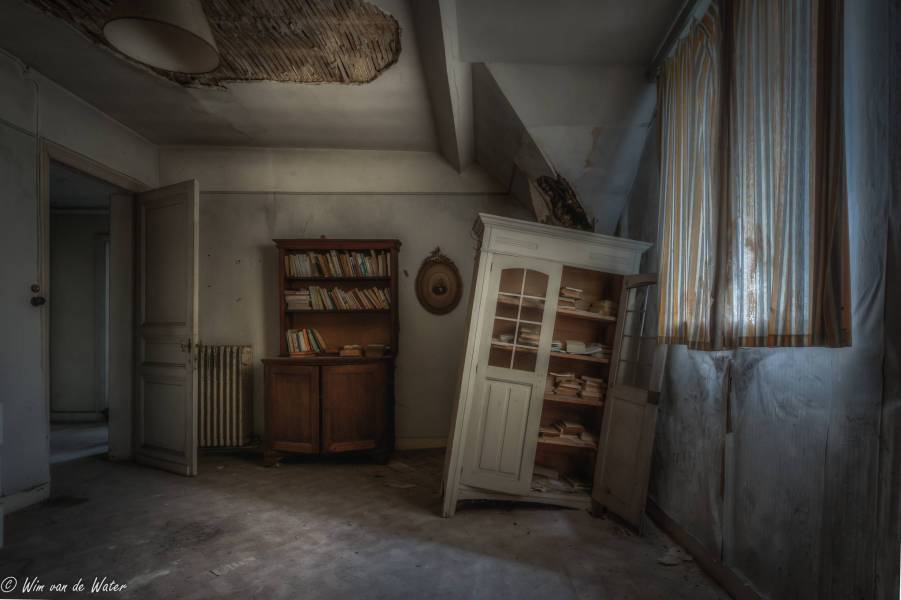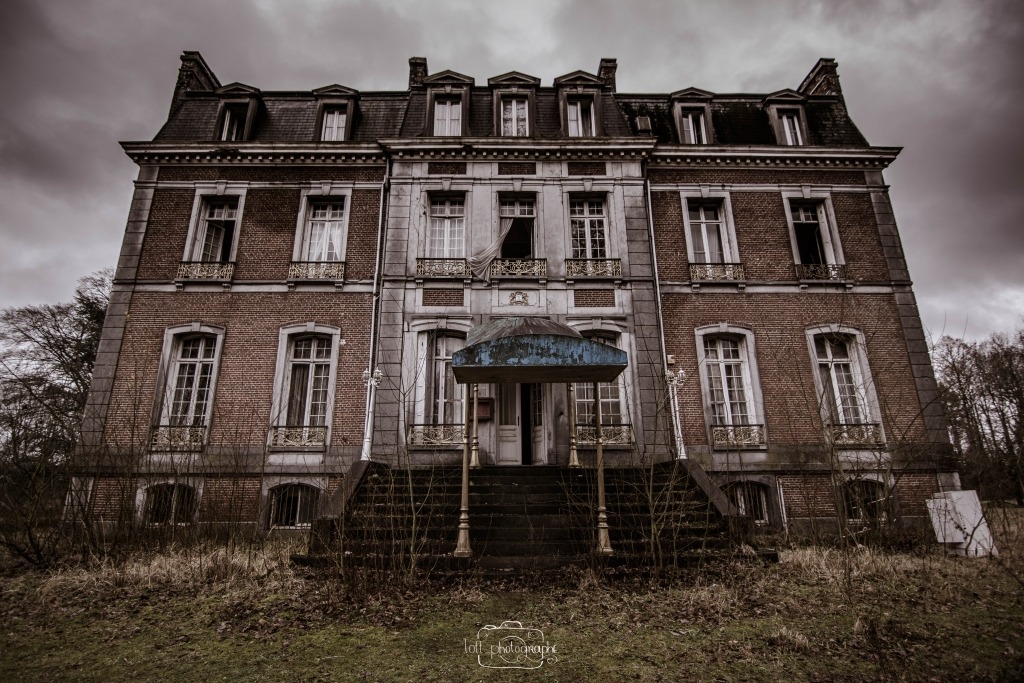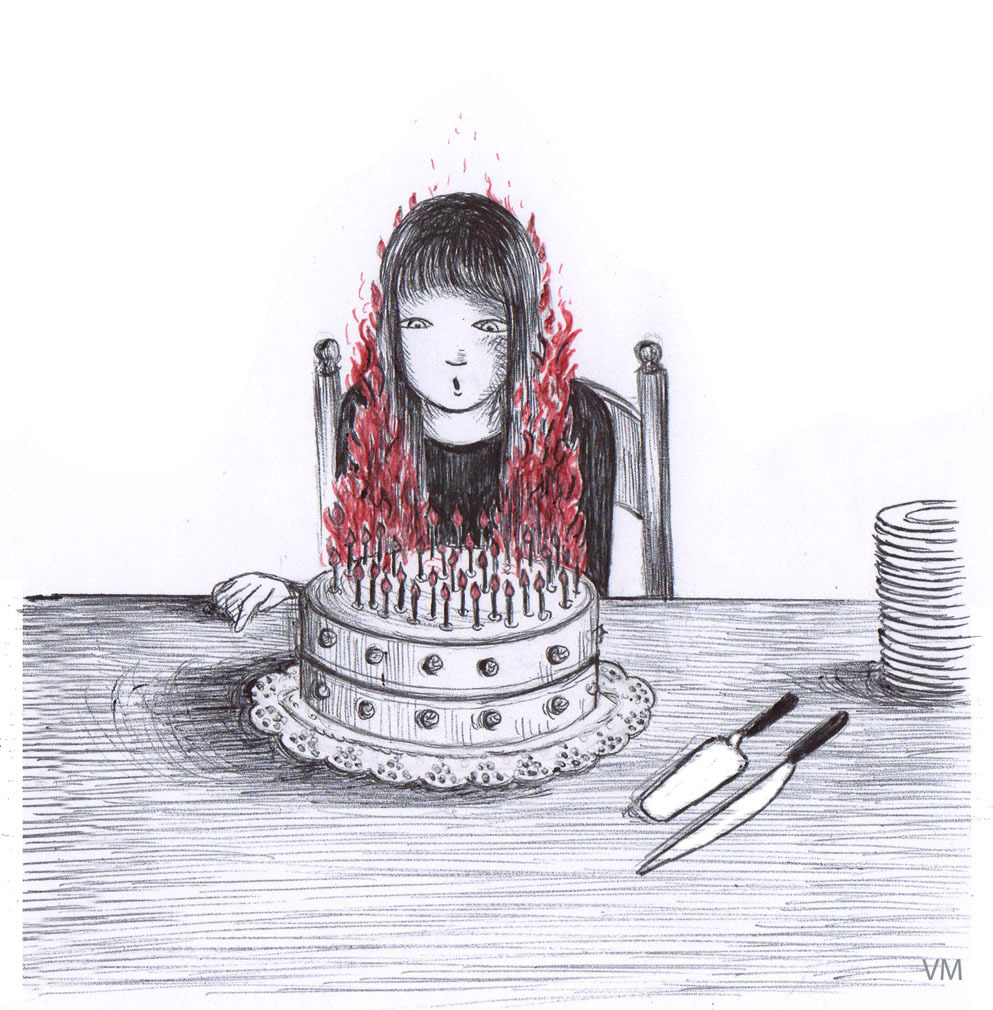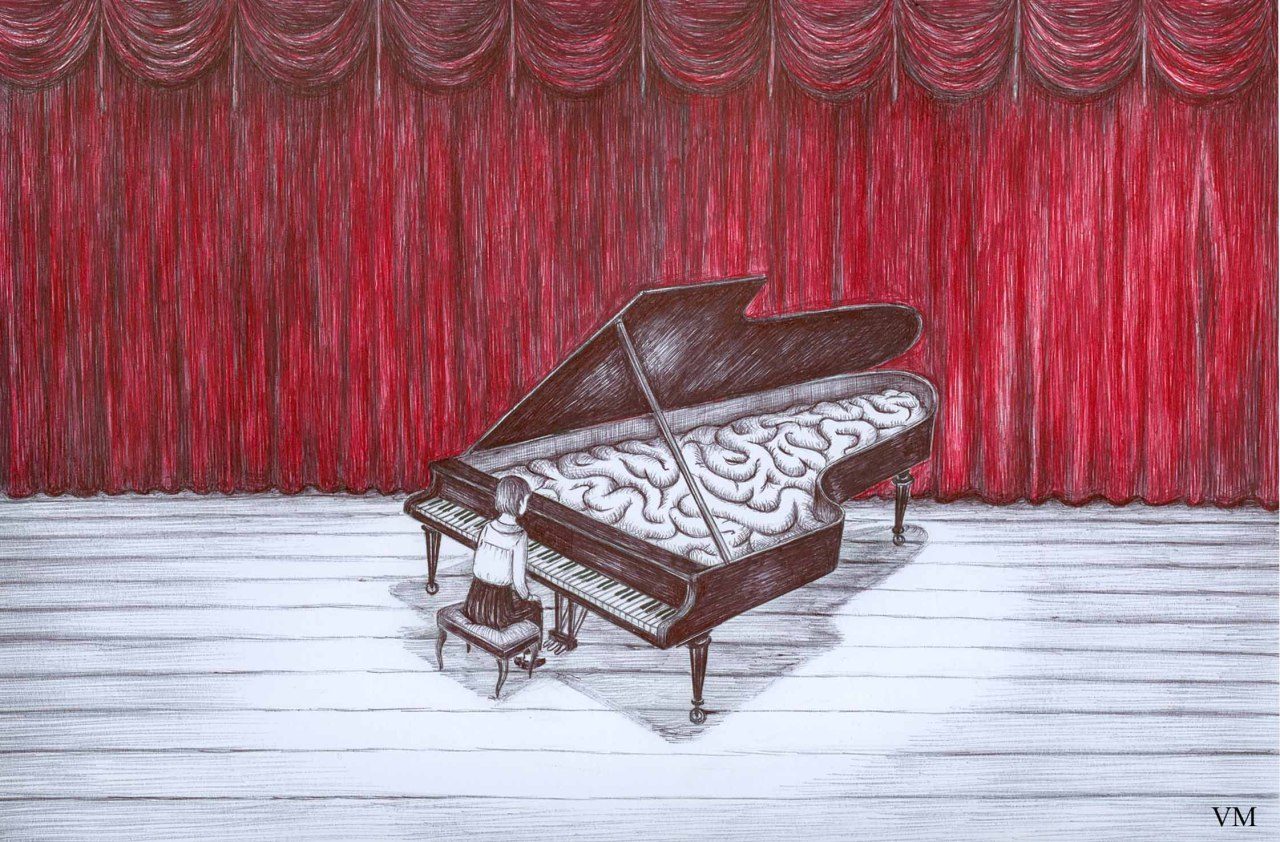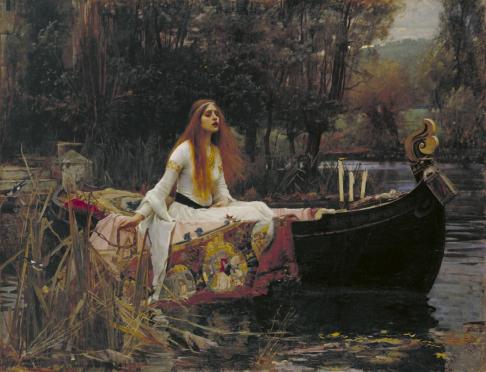“As for John Peel, although he went on to famously support The Fall, on his 1987 retrospective Peeling Back The Years, he noted: “I always think of them [Joy Division] in a rather romantic way, as being introspective and rather Russian… listening to them always makes me feel slightly central European.”
(Torn Apart)
 Scene from the film Control (2007)
Scene from the film Control (2007)
Is it like this
In death’s other kingdom
Waking alone
At the hour when we are
Trembling with tenderness
Lips that would kiss
Form prayers to broken stone
(T. S. ELIOT – 1925; Ian quoted these lines in a postcard for Annik)
I have been a massive fan of Joy Division for a long time, but it wasn’t until July this year (a few weeks ago really) that I picked up the book “Torn Apart: Life of Ian Curtis” by Mick Meddles and Lindsey Read and I enjoyed it tremendously, more than I imagined I would. I picked it up in the library eager to read an interesting and amusing book, but I ended up enjoying it in a more profound and poignant way. I had already read Deborah Curtis’s (Ian Curtis’s widow) “Touching from the Distance” and while it was interesting, I wasn’t breathless when I closed the last page, and I got the sense that she was a bit bitter about some things and she also wasn’t the most objective person to write about Ian, and not the most informed one to write about the band when it came to things such as tours, recording and what when on backstage because she wasn’t there. “Torn Apart” gave a better broader view of Ian’s mind and the life of the band. It was great to hear Annik’s side of the story, see the letters Ian had written to her, at times very poetic and melancholy, at times very warm and humane, like when he writes about the love he feels for his dog Candy.
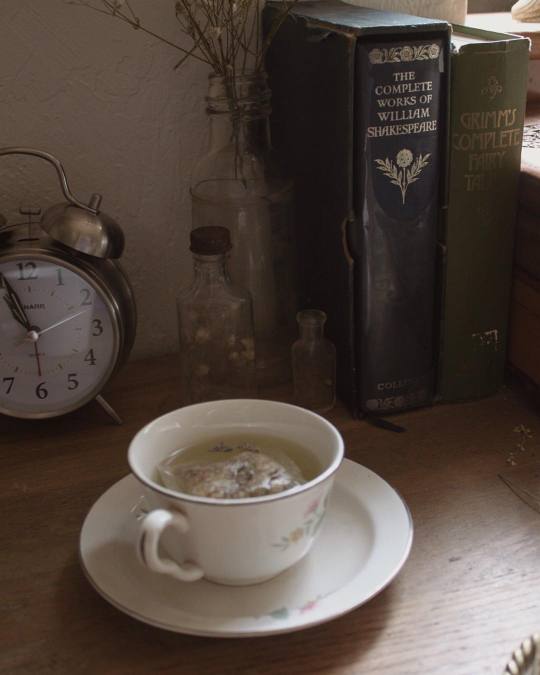
“Reflects a moment in time,
A special moment in time,
Yeah we wasted our time,
We didn’t really have time,
But we remember when we were young.”
(Joy Division, Insight)
Pic found here.
A short-lived band that sprung in the dark and dreary Manchester scene and ended with the suicide of the singer and lyricist Ian Curtis, leaving only two albums behind whose haunting beauty captivates till this day. A motif of transience and time lingers throughout “Torn Apart” and it is often indicates that Ian felt very old even when he was very young (he died two months shy of his twenty-fourth birthday) and he often felt he had to rush things in life; rush the marriage and family life, rush the band and albums, for there would be no time left for him. It is eerie to know that he felt that way, but also ironic because in the end it was he himself who stopped the clock of his time and no one else.
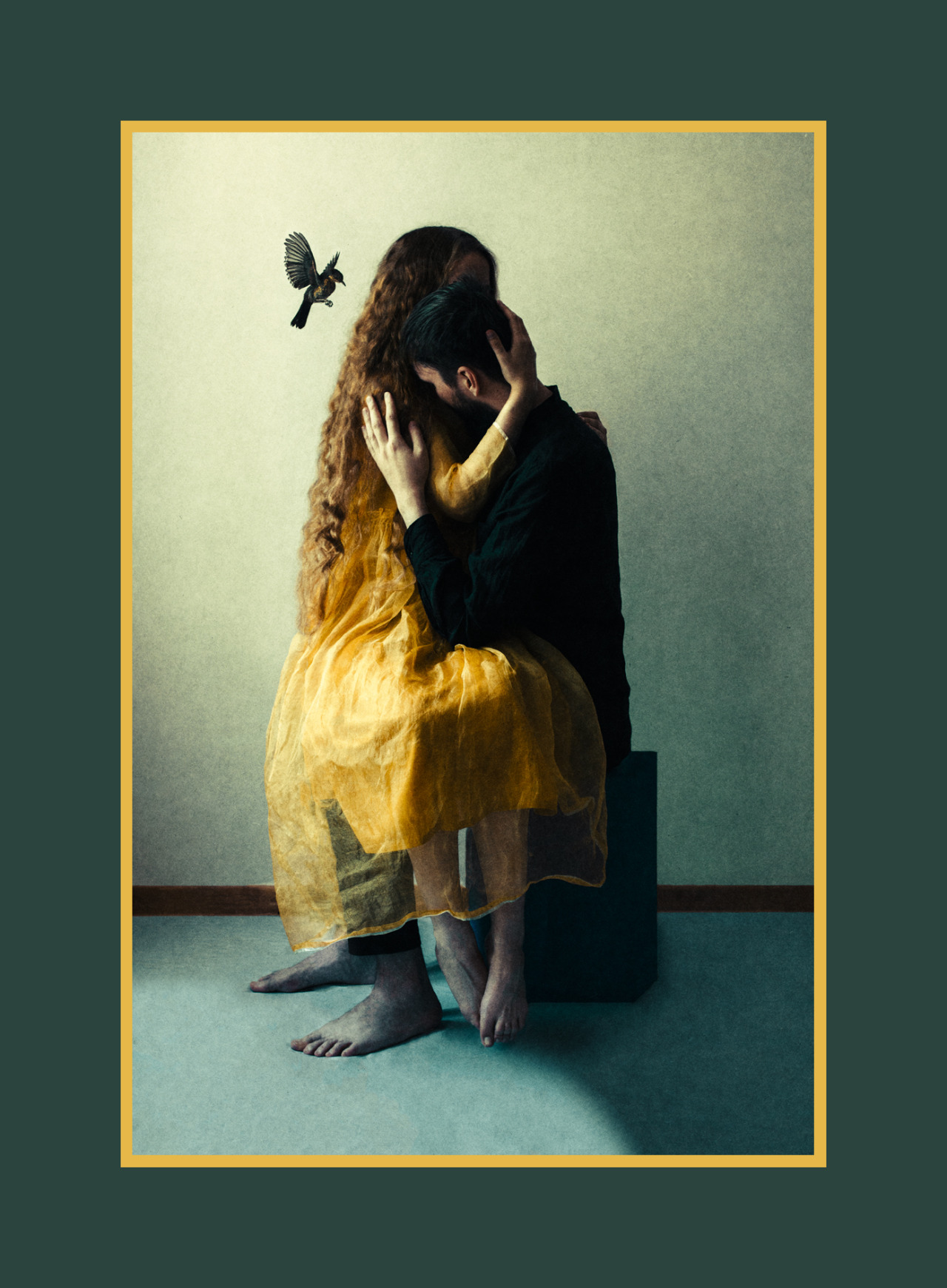
Laura Makabresku, Care.
“Ian and I were certainly very close emotionally and felt a lot for each other. I think I just came at the right time when he was in need of comfort, affection, tenderness and that my presence was soothing to him. He was very gentle and very soft and very caring. I think the fact that I was a foreigner was part of the attraction and also the fact that I was very kind and maybe more kind of refined than girls he had met before. Our relationship was very platonic and very pure and romantic but also quite abstract. He felt quite diminished by his disease and quite frightened of how it would evolve.” (Annik’s words)
In short, here are some things which I loved about the book and which I think every Joy Division fan would love to read about; I loved that (finally!) we get to hear Annik’s side of the story! Annik was a girl from Belgium who moved to London at one point and she was a fan of Joy Division and that is how she got to meet Ian. I really love Annik’s personality from what I’ve read and some of the things she said about Ian and their relationship and the letters that he wrote to her were so heartbreakingly beautiful; their gentle, ethereal and nearly platonic love touched the strings of my heart. I feel like Annik had a gift of truly understanding him and being there for him when he needed warmth and affection, like she says herself. Then, Ian’s personality and his interests. From Deborah’s book, he comes off as a real asshole sometimes, but in this book, from various sources, I got the image of a very polite, nice, gentle, introverted person. Here is what Annik says: “He was truly the nicest and kindest man I ever met in my life. He had a whole world inside him, a true understanding of mankind. You know how compassionate he felt, especially for the weakest. He opened my eyes on being compassionate; he really opened my heart to others, even to people very different from me. He felt a lot for others, for people who were poor or who didn’t have a very interesting life or interesting job. He really felt for them. He was a very kind man, very polite, very soft spoken.“
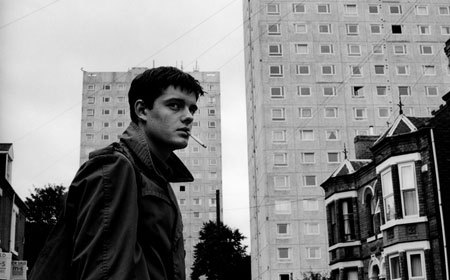
Control (2007)
The book really got deep into the nature of Ian’s struggles with depression and epilepsy and it was both fascinating and sad to read about it, but is helpful in understanding his sadness and eventual suicide. Along with depressions and epilepsy, a major trouble was the conflict of a failing marriage on one side and a blossoming relationship with Annik on the other side. He had responsibilities towards his family on one side, and Annik’s warm nurturing embrace on the other. Ian had no desire to hurt anyone, but enduring this conflict certainly added to his depression. Quoting the book again: “He was a gentle soul with genuine humility who really didn’t want to hurt anyone. And here he was in a position where he seemed to be hurting everyone close to him – his wife, his daughter, his girlfriend, his group, his friends, and even his fans.” Had he lived, I think he would have been happy with Annik. I loved hearing what Tony Wilson had to say about many things, and also his then wife Linsey Reade who co-wrote the book. I didn’t know that Ian spent a week at their house and listened to records with her in the living room just prior to his suicide. And lastly, I enjoyed reading about the sound effects and the method in which the maverick Martin Hannett worked on the albums.
“Indeed, the first bleak seconds of ‘Atmosphere’ convey an unparalleled intimacy through the close-up timbre of Ian’s voice. Lyrics that are awash in ambiguity – “Walk in silence… don’t walk away, in silence…” – suggest the head-in-hands desperation as a lover leaves for the last time; hollow moments of realisation, of a life lost, a killed passion, the final embers of dream. Ian’s voice might be the loneliest in the world as it hovers above Hannett’s simplistic mix, a flickering candle of truth, of grim realisation. Pop music was never meant to be like this: the fire of youth vanquished and an emotive power so effortlessly believable flowing through the lyrics. And then, slicing through the pitch black like a shard of glass, there’s the blinding white light of sound that cuts straight to the heart. The darkness of’ ‘Atmosphere’ rippled out across post punk Britain, a clash of light and dark which filtered slowly into the consciousness of others, not least The Cure’s 1989 masterpiece, Disintegration, which offers a reflection of ‘Atmosphere’ in varying degrees of grey on practically every sweet song. Faith, The Cure’s morose 1981 epic, would arguably side even closer.”
All in all, a very interesting and thorough book, but also very sad.
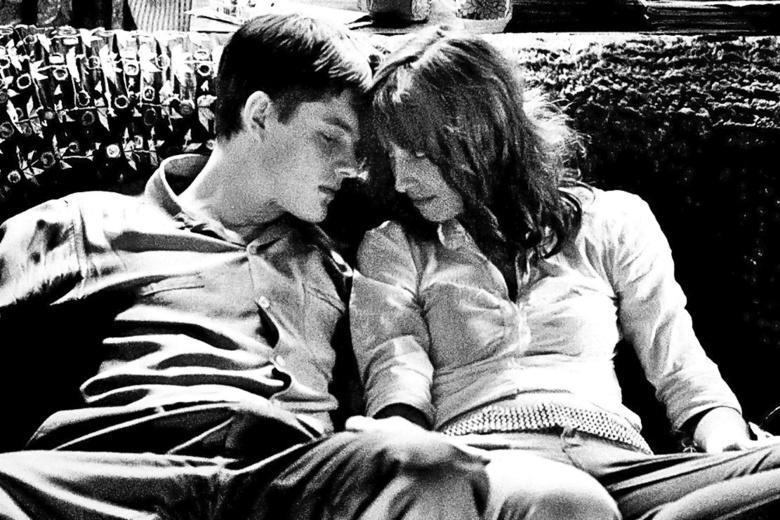
Ian and Annik in Control (2007)
Pulvis et umbra sumus
(We are dust and shadows)
Horace
Tags: 1970s, 1980, Annik Honore, book, book review, Control (2007), Deborah Curtis, Ian Curtis, Joy Division, Lindsey Reade, Macclesfield, Manchester, Mick Meddles, rock band, Rock Music, Torn Apart

